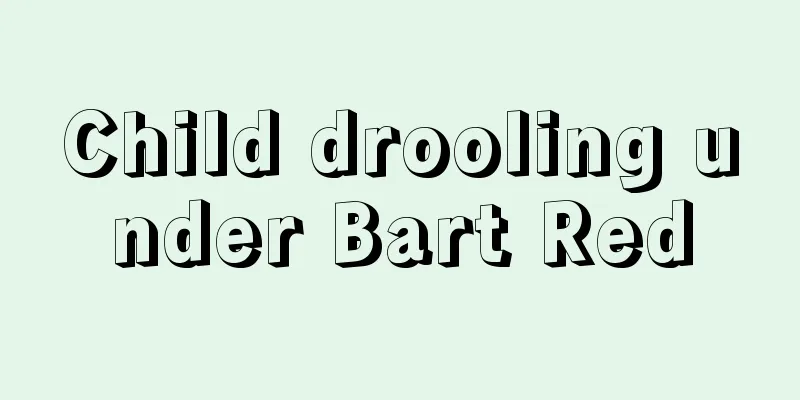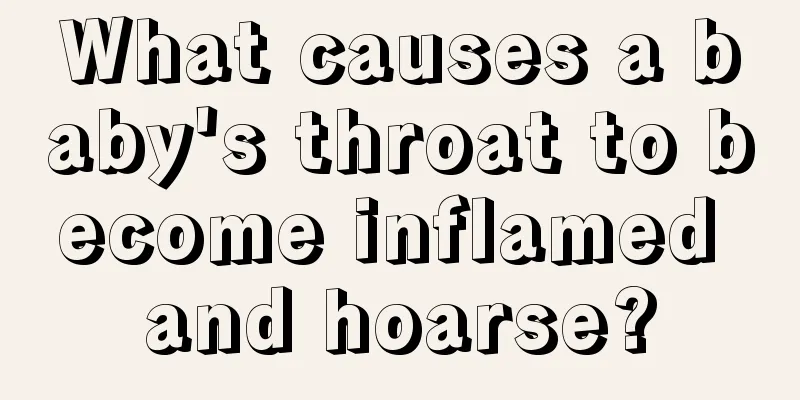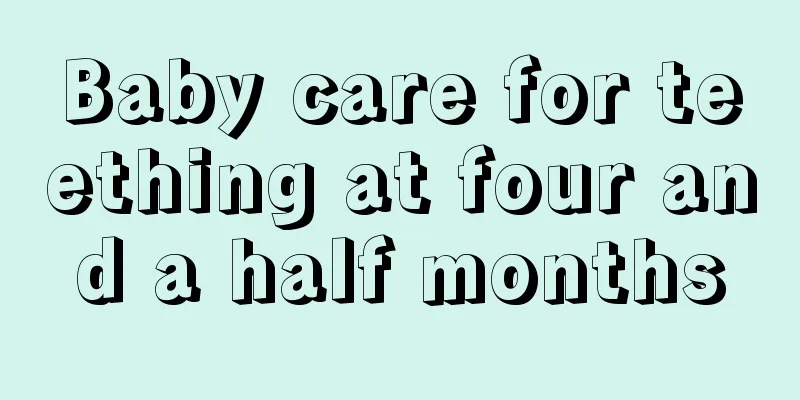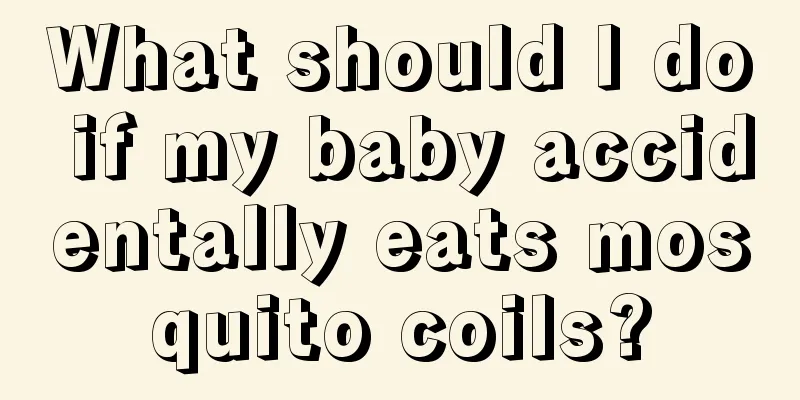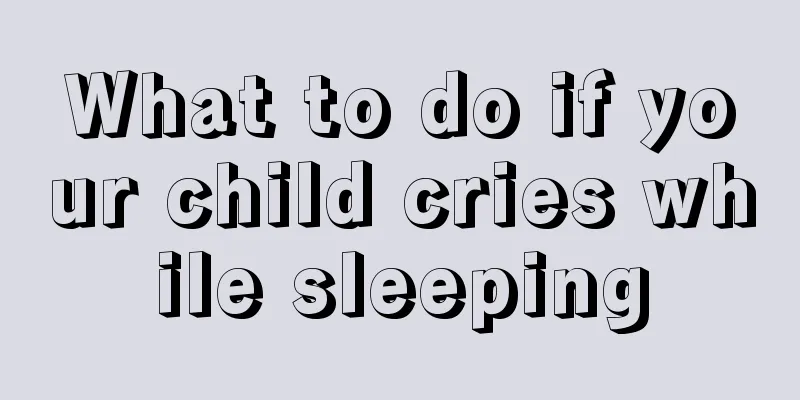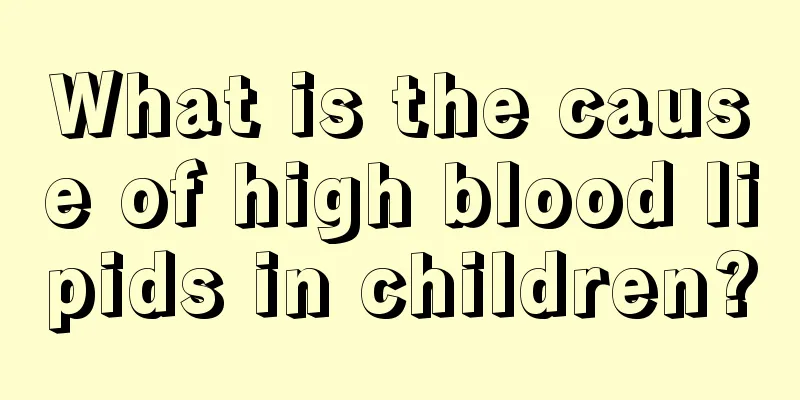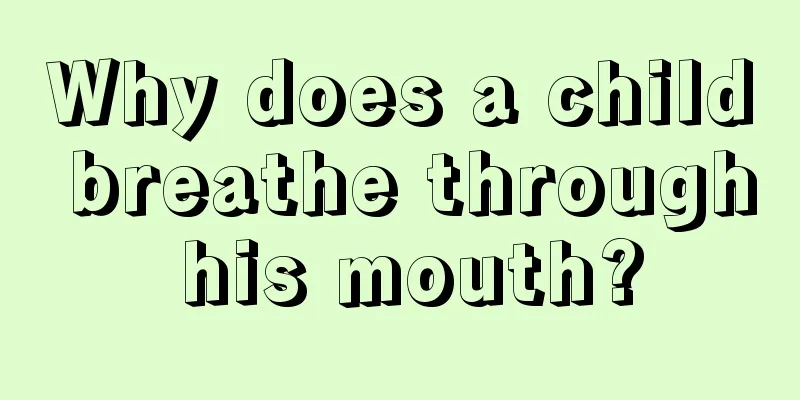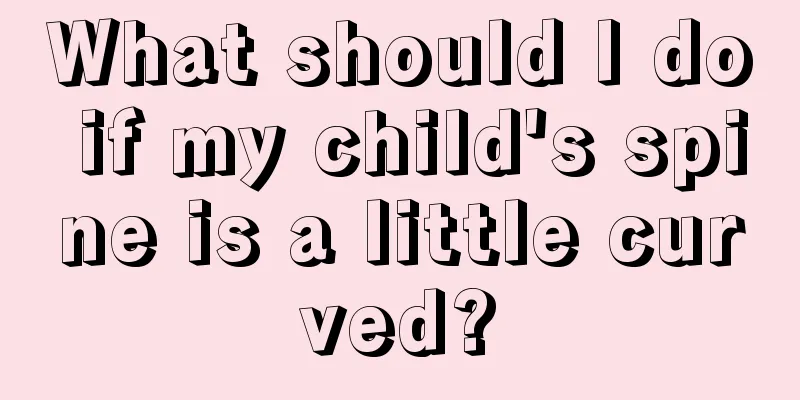What should I do if my child has a fever, convulsions, and foaming at the mouth?
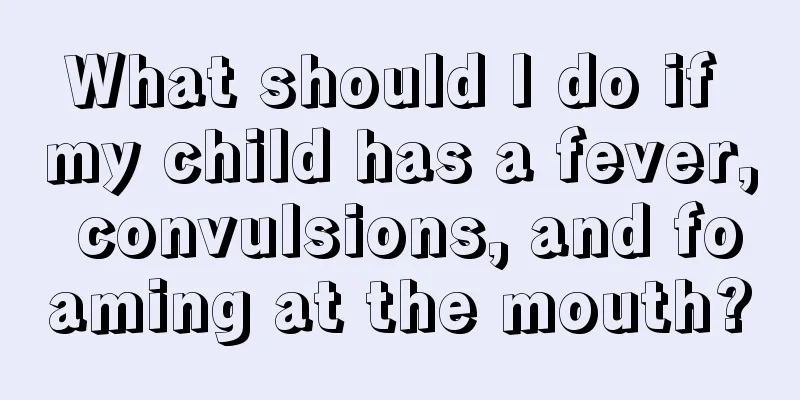
|
If a child has a fever, no matter how high the fever is, it is necessary to pay close attention to it, otherwise it is easy for him to have high fever convulsions. So what should we do if a child has a fever, convulsions and foaming at the mouth? In fact, high fever convulsions are a relatively common disease. Infants and children are most likely to suffer from it. In addition to convulsions and foaming at the mouth, respiratory disorders will also occur. Therefore, timely and correct first aid is crucial. Children's fever and convulsions are due to the immaturity of their nervous system. High fever causes over-excitement of the central nervous system, leading to strong discharges in the thalamus and affecting the limbic system and cerebral hemispheres. If cramps occur repeatedly, each attack can cause damage to the brain. According to statistics, if not treated in time, about 20% of children will develop epilepsy in the future. Among them, most of them will have fever and convulsions that last for a long time and occur frequently, and they will experience drowsiness after the attack. Some children also experience convulsions when their body temperature is 38 degrees, and some children have a family history of epilepsy. Most of these children develop epilepsy within 10 years of their first febrile seizure. It is worth mentioning that about 13.6% of children who suffer from fever and convulsions may suffer from varying degrees of intellectual disability in the future. However, studies have shown that effectively controlling the onset of fever and convulsions in childhood can effectively reduce the occurrence of sequelae. Correct treatment method: 1. Parents must stay calm and not cry or shake their children; 2. Immediately lay the child flat on the bed or on the ground, and never place him near a stove or heater to prevent the cramps from continuing; 3. Clear the secretions and food in the child's mouth as quickly as possible and turn the head to one side; 4. To prevent children from biting their tongues, twist a handkerchief into a twist and put it between the child's front teeth; 5. If the child's cramps cannot stop quickly (cramps last more than 10 minutes), ask a doctor to treat them at home or rush them to the hospital for treatment; 6. Once the child's convulsions stop, parents should immediately take the child to the nearest hospital so that the cause can be checked and further treatment can be given. The above article gives a clear answer to what to do if a child has a fever, convulsions, and foaming at the mouth. It can be seen that when encountering such a critical situation, we still need to be vigilant and not allow the condition to worsen. In addition, family members must take good care of their children's daily life and consult experts for help as soon as possible so that their children can overcome the difficulties smoothly. |
<<: What causes children to have fever and convulsions?
>>: What are the first aid methods for children with fever and convulsions?
Recommend
Intestinal pain water is harmful to the health of babies
The baby has just come into this world from the m...
Treatment of enlarged tonsils in children
The reason why children are prone to enlarged ton...
Good method to reduce fever for two-month-old baby
Two-month-old babies are still relatively young. ...
Top 10 best fruits for babies
Everyone knows that eating fruit is good for chil...
Why does my four-year-old baby keep blinking?
As we all know, except when we are asleep, people...
What medicine should be sprayed for children's oral ulcers?
Children in their early childhood are very prone ...
Why do children have cold hands and feet?
The phenomenon of cold hands and feet is not only...
What are the screening criteria for childhood leukemia?
According to incomplete survey results, the numbe...
Can I use a fan when my baby has a runny nose?
The most common reason for a baby's runny nos...
Some methods to help babies with constipation
The newborn baby couldn't defecate, which mad...
Allergic cough in children
Allergic cough in children is mainly a common res...
How to treat cerebral palsy in children? Treatment for children with cerebral palsy
Methods such as comprehensive rehabilitation medi...
What to do if your baby has swollen eyes and eye mucus
Every baby is a mother’s angel, and the baby’s he...
What are the effects of pediatric undescended testicle surgery?
The cryptorchid surgery for children is actually ...
Causes of recurrent asthma attacks in children in autumn and winter
Children are more likely to experience symptoms o...
